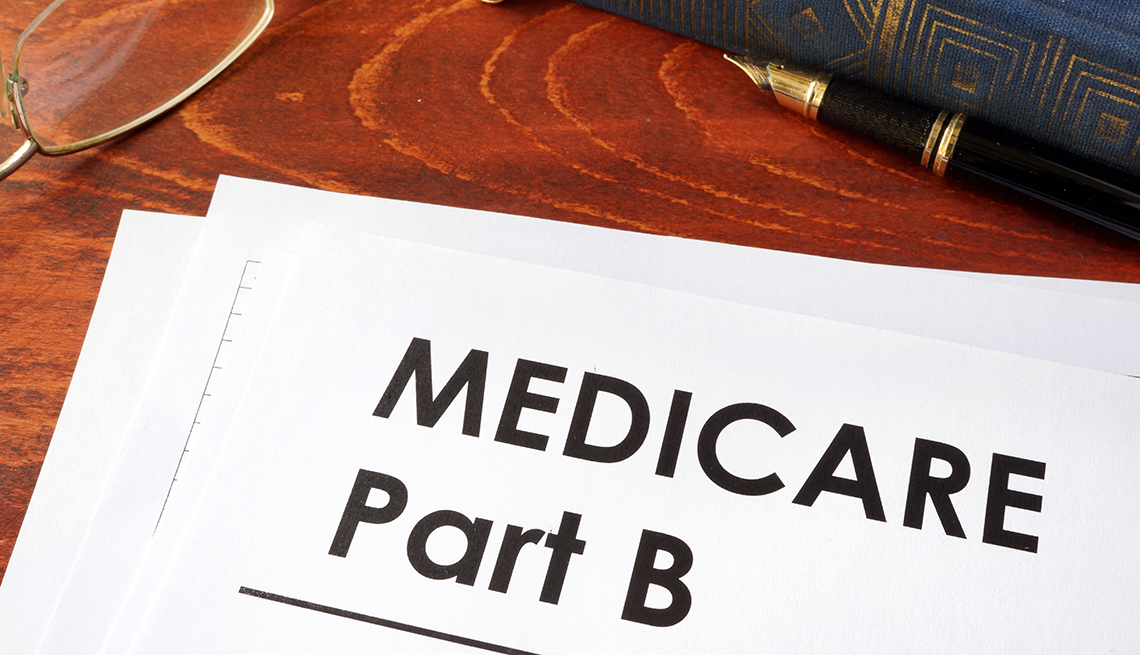Play all audios:
4. WORK REDUCTION, AS IN MOVING TO A PART-TIME JOB Some examples of this are if you partially retired or changed from full-time to part-time employment. Documentation can include an employer
statement, pay stubs showing a change in hours, corporate minutes, record of a business transfer or your statement that your hours have been reduced. 5. WORK STOPPAGE, INCLUDING RETIREMENT
OR A LAYOFF Some examples of this would be if you retired or were laid off or your business or corporation was sold. The SSA says proof of such changes include an employer statement, a
retirement letter, corporate minutes, record of a business transfer or sale or a statement from you regarding your work stoppage. 6. LOSS OF INCOME FROM PROPERTY THAT’S BEYOND YOUR CONTROL
The reasons include arson, natural disaster or theft. Income-producing property can include real property such as rental homes or farmland, crops, livestock and vehicles used for business.
7. LOSS OR REDUCTION OF CERTAIN KINDS OF PENSION INCOME The SSA has very specific requirements for this one: The pension must be a traditional defined benefit pension or a cash balance plan
where fluctuations in a plan’s investments don’t affect the benefit amount promised to participants. And the loss of income must result from a plan failure or termination or because the
pension stopped based on a decision you made in the past. One example: If you took a 20-year annuity rather than a lifetime pension when you retired 20 years ago and that has paid out.
The SSA will generally require a letter from the pension plan administrator and possibly a copy of the plan description. OTHER WAYS TO CONTEST THE SURCHARGE WRONG INFO. You can try to make
the case that Social Security used outdated or incorrect information when calculating your surcharge. Maybe you filed an amended tax return for the year the SSA is using to make an IRMAA
decision, or the IRS supplied the agency with an older tax return and you want to use a more recent one that will show you received a lower income than previously reported. APPEALS PROCESS.
If your exemption request is rejected, you can ask the SSA to reconsider. If you disagree with the reconsideration decision, the next step is to ask for a hearing. Hearings are held before
an administrative law judge in the Department of Health and Human Services’ Office of Medicare Hearings and Appeals. Learn more from this SSA publication. YOUR ELIGIBILITY CAN CHANGE EACH
YEAR Because these income surcharges are calculated every year, your status can vary if your income increases or decreases. You could pay the surcharge for just one year if your income
temporarily bumps you into high-income territory. That could include having capital gains from stock sales, doing a Roth IRA conversion or getting a profit from a property sale — none of
which qualify as IRMAA exceptions. _This story, originally published Nov. 15, 2022, has been updated with 2025 Part B premiums, surcharges and other information._

